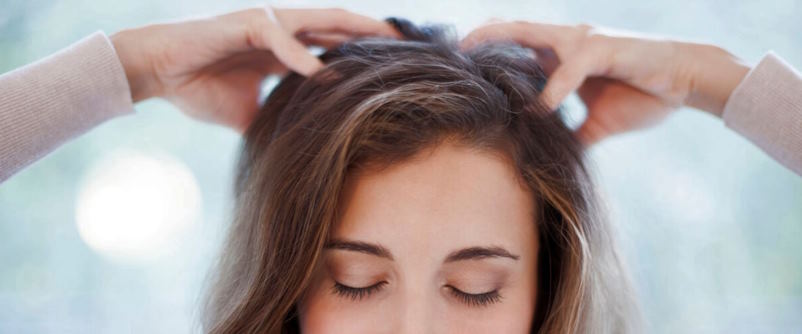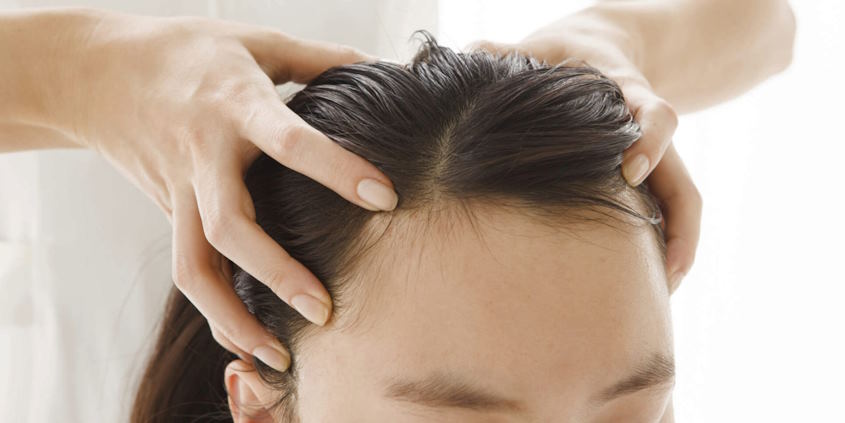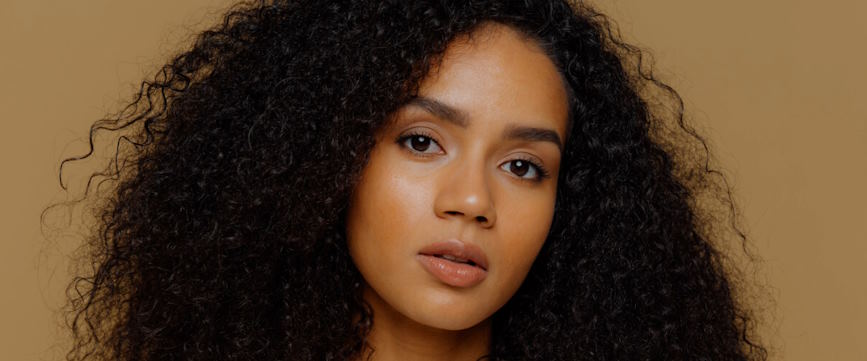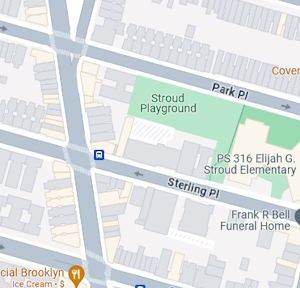Some swear by the unique power of scalp massage and attribute benefits. Yet skeptics remain unconvinced, dismissing it as a fleeting trend or unsubstantiated myth.
What influences the efficiency of scalp massage?
Technique
The manner in which scalp massage is performed can significantly impact its effectiveness. Gentle, circular motions using the fingertips or massage tools are often recommended to avoid causing undue stress or damage to the scalp.
Duration
The length of time spent on scalp massage sessions can influence their efficacy. While shorter massages may provide some benefits, longer sessions allow for more thorough stimulation of the scalp and increased blood flow.
Frequency
Consistency is key when it comes to scalp massage. Regular, frequent massages are more likely to yield noticeable results compared to sporadic or infrequent sessions.
Pressure
Too much pressure can cause discomfort or even damage the scalp, while too little pressure may not provide sufficient stimulation.

Products
Some individuals prefer to use oils, serums, or other hair care products during scalp massage to enhance its effects. The choice of products and their ingredients can impact the massage’s overall experience and potential benefits.
Individual Factors
Each person’s scalp condition, hair type, and health status can influence how they respond to scalp massage. Factors such as age, genetics, underlying health conditions, and medications may also play a role in determining the efficacy of scalp massage.
What are the potential benefits of scalp massage?
Scalp massage is widely believed to offer a plethora of benefits for hair and scalp health, although scientific validation of these claims varies.
Among these touted advantages is the enhancement of blood circulation to the scalp, facilitating the delivery of vital nutrients and oxygen to hair follicles. This amplified circulation holds the potential to invigorate hair growth and bolster follicle functionality.
Additionally, scalp massage is cherished for its stress-reducing properties, easing tension and promoting relaxation, indirectly mitigating stress-induced hair loss. The gentle, rhythmic movements of scalp massage not only induce relaxation but also foster a profound sense of well-being, positively influencing overall health and mood.
Moreover, this practice aids in exfoliation and detoxification, eliminating dead skin cells, excess oil, and product buildup, fostering a pristine scalp environment and diminishing the likelihood of dandruff and related conditions.
Finally, scalp massage may rouse dormant hair follicles, spurring new hair growth, a boon for those grappling with thinning hair or hair loss.





